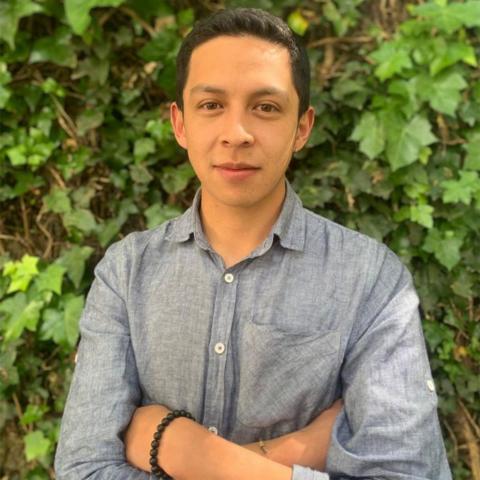Although capital in the 21st century is financial and real estate-based, this does not imply that land as a productive factor has lost significance. In fact, in the new millennium, demand for land has increased significantly in the global South at large and particularly in Latin America. This has led to the emergence of new forms of land tenure, such as land grabbing, especially in countries with ample land availability. This phenomenon involves a network of social actors, including local and territorial actors, economic groups, regional and international investors, among others.
Within this context, research opportunities arise to explore how land becomes a key wealth-generating element in the post-industrial capitalist stage. In this sense, this research integrates elements such as the growing demand and scarcity of land, conflicts surrounding land, and the interests of elites. The aim is to study the role that landowning elites play in land-use planning processes and in the development strategies of territories. Additionally, a comparative analysis is proposed between Ecuador and Colombia during the neoliberal period.


